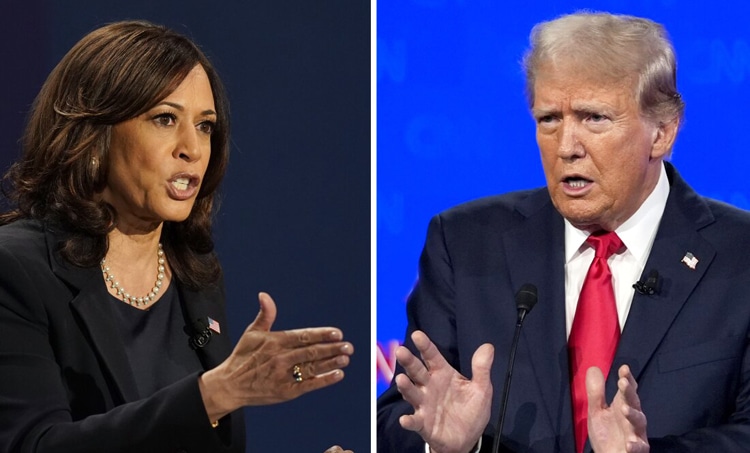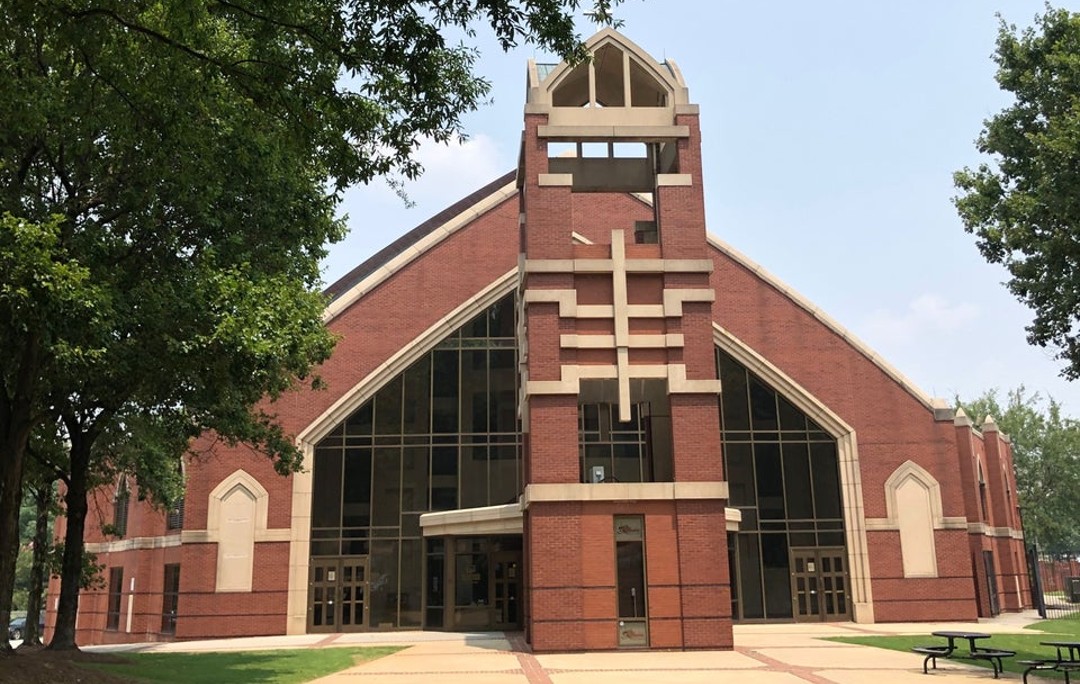On January 19, I had the honor of introducing Dr. Carol M. Swain to the audience attending The Areopagus Forum. Professor Swain is considered by many to be the boldest spokesperson on behalf of Christianity in the academy today. She has issued a clarion call to Americans to stand up and speak out against anti-Christian bigotry. She challenges us to “Be the People” our Founding Fathers expected that we would be—especially when this abuse of power is directed against our religious liberty as guaranteed by the Constitution of the United States.
During the Forum, Dr. Swain shared a disturbing story of an ongoing confrontation underway in her own backyard at Vanderbilt University. Under the guise of enforcing so-called pre-existing universities policies, Chancellor Nicholas Zeppos seeks to force Christian organizations to “toe the line” with a prevailing political correctness that, by any measure, has run amok. Ostensibly, this means to operate in a manner consistent with the University’s anti-discrimination policies, but the reality is quite a different story.
Just what are these anti-discrimination practices? For some time all religious organizations operating under the auspices of Vanderbilt University have been required to allow people of all faiths to participate freely and openly. On the surface, this seems reasonable; and it is, in fact, consistent with Vanderbilt’s pre-existing anti-discrimination policies. The problem is that these new dictates go much further. School administrators are now insisting that any and all leadership positions within religious organizations be open to people of all faiths—including people of conflicting faiths or no faith at all. In other words, by this absurd logic, atheists should be allowed to serve as the president of the Fellowship of Christian Athletes or any other Christian organization such as Vandy Catholic, The Baptist Collegiate Ministry, the Lutheran Student Fellowship, InterVarsity or even the Christian Legal Society.
Just why an atheist would seek a position of leadership in an organization of faith is unclear. Moreover, the premise that Christians would even nominate, let alone elect, a non-believer to lead their organization is similarly puzzling. But this is not the real issue. Even if the threat of an atheist group commandeering a Christian group is minimal, there are other risks. Imagine, for example, that you are a member of the Fellowship of Christian Athletes and that you’re running for president of the organization. You win the election, but when the results are announced the student you beat in the election files legal action because he suspects (or merely chooses to rationalize) that members of the organization cast their votes against him due solely to his unorthodox religious beliefs. According to the way this policy now reads, Vanderbilt officials would have grounds to investigate your organization for discrimination if the defeated candidate (or anyone) even so much as lodged a formal complaint.
There is also this scenario: What if a student leader goes away for the summer and has experienced a change of beliefs? What if this leader no longer embraces the shared beliefs of the organization? How, then, can this student lead people in putting those beliefs into practice? Under this new policy, asking this student to step down qualifies as discrimination, yet keeping this person in that leadership position undermines the integrity of the organization. These are only a few examples of the kind of catch-22 this policy creates for religious organizations.
Were these policies truly “pre-existing” as claimed by Vanderbilt school administrators? According to the official storyline, various offices are finally “catching up” with a policy that has been in place all along. But no matter how the facts are framed, the reality is that the student handbook was altered in December 2010 when a section specifically protecting religious association was removed—a fact highlighted by a school newspaper in September 2011. So, clearly, the answer is “no.” Despite efforts by school administrators to conceal this fact, the laws have been rewritten to create this new weapon in the anti-religion arsenal.
Into this fray steps Dr. Carol M. Swain. She is virtually alone among Vanderbilt faculty members in confronting school administrators. Thankfully, however, she is receiving active support from a great many University students including, but not limited to, Christians. Members of non-Christian organizations are demonstrating against this travesty. Even more amazing is this: some atheist groups are on board with the Christians. They recognize that this action puts virtually all organizations that operate at Vanderbilt University in legal peril. For it takes little imagination to realize that this altered “anti-discrimination” policy is a gun that can be pointed in any direction–meaning Jewish groups could conceivably be forced to accept Muslim leaders or that Feminist groups might be coerced to sharing a platform with conservative men. Given the student support to Professor Swain, Vanderbilt alumnae have reason to be proud of their alma mater’s students. About school leaders, there is cause for concern.
By any measure, what school officials are doing is an affront to first amendment rights. Universities are not exempt when it comes to respecting the Constitutional rights of students and religious-based student organizations. Whether a private institution or not, Vanderbilt University has no right to dictate the internal policies of religious organizations when it comes to how these groups select their leaders and govern themselves.
The battle line must be drawn here, now.




